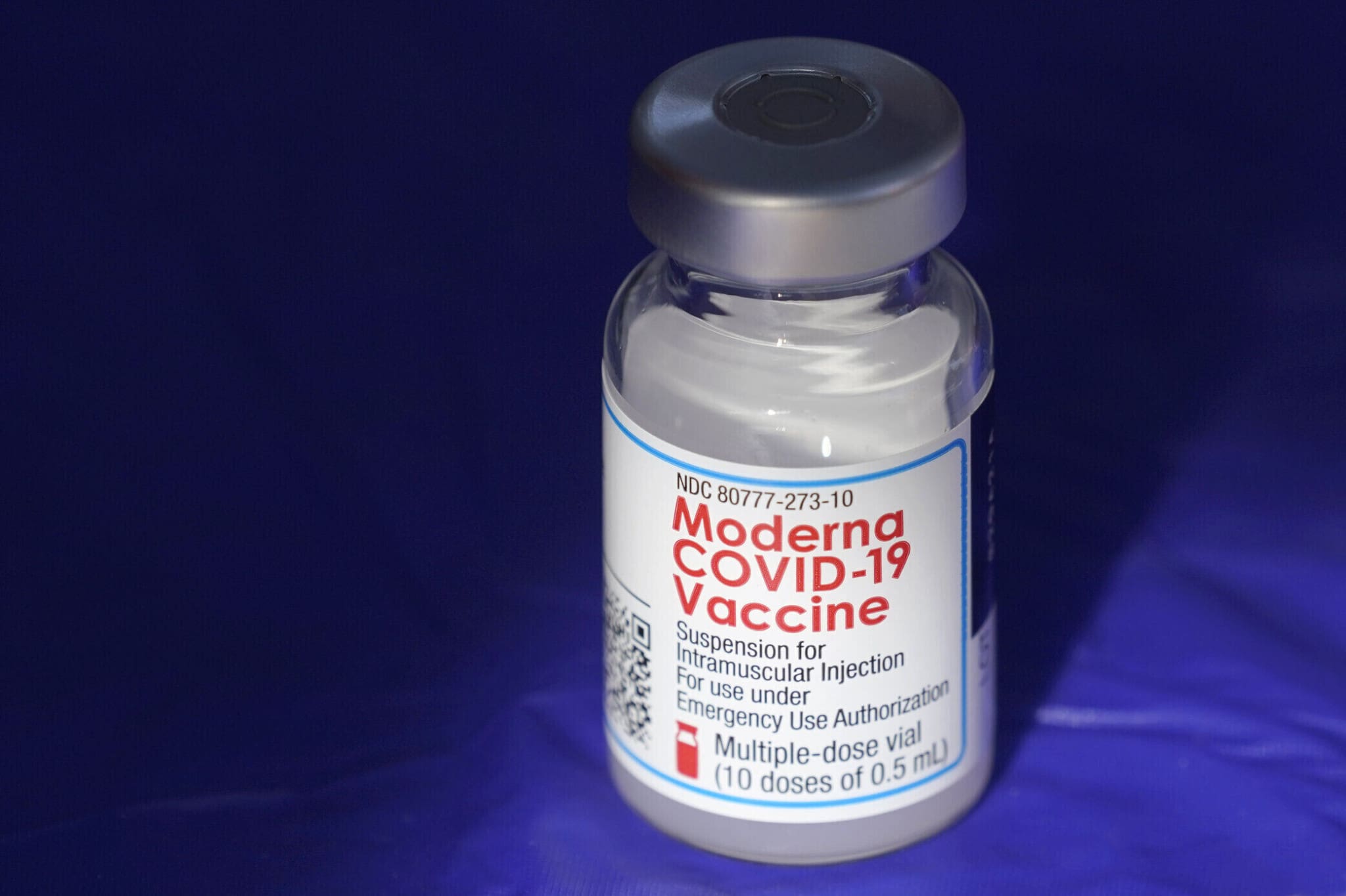On July 2, 2021, a battle for the survival of Western science began on the pages of Vaccines magazine. That day, editors of the magazine withdrew an explosive article by the controversial German author Harald Wallach. He wrote that for every three Covid-19 deaths prevented through vaccination, we must accept two deaths caused by side effects of vaccines.
The methodology employed in the article is quite straightforward. Based on Israeli data, the authors calculated NNTV (Number Needed To Vaccinate), or the number of people that need to be vaccinated to prevent one death. They then looked at the official Dutch coronavirus vaccine side effects register to find out the prevalence of reported deaths after vaccination. They combined both of these pieces of information to reach the above results.
This result is relatively unproblematic, as NNTV is in the tens of thousands (since COVID-19 has fortunately relatively low mortality), and the reported side effects of vaccination are quite numerous (in the order of death units per hundred thousand vaccines). It should be added that the article does not contain any complex mathematical models or methods – the above conclusions are based on calculations at the level of the rule of three, which can be verified by everyone.
So why was the article withdrawn? After the lynching, which the magazine received from vaccination ideologues, the editors came up with a justification, the main part of which says that the authors did not prove a causal relationship between vaccination and reported deaths. According to the editors, the data from the Dutch register are therefore “misinterpreted” and lead to “erroneous conclusions”.
I am fascinated by the opinion of the editors. Not that they are wrong – the causality in the database of adverse reactions is unproven, which the Dutch database honestly reports on the first page. This causality disclaimer is, of course, included in all databases of all adverse reactions from all vaccines. But to withdraw the article because there is no proven causality between the observed quantities means a radical breakup with the vast majority of publications in contemporary Western science.
Just take any professional biomedical journal and randomly select an article that reports an effect. If you do not come across a registration study of a new drug, it is almost certain that with the reported effect, the causality will not be proven.
For example, do you know of a single study that demonstrates the causality between wearing face masks (one, two, or more) and the rate at which an epidemic spreads? Do you know of a study that would demonstrate the causal effect of school closures on the rate of epidemic spread?
I could also ask, a little maliciously, if you know of any study that shows the causality between rising global temperatures and anthropogenic carbon dioxide emissions.
With bated breath, I will watch the withdrawal of all publications on which measures against European industry are based, the impact of which will be much worse than the impact of measures against coronavirus.
With this declaration from the editorial board of Vaccines magazine, the natural sciences find themselves at a crossroads. On the grounds that “causality has not been proven”, almost any article can be withdrawn. What happens if we use this reason for withdrawal only for works that are not ideologically suitable for us? Will there be any difference between science and ideology? The starting bell of this match was just rung.
Title image: In this March 4, 2021 file photo, a vial of the Moderna COVID-19 vaccine rests on a table at a drive-up mass vaccination site in Puyallup, Wash., south of Seattle. The third dose of Moderna’s COVID-19 vaccine substantially improved protection for organ transplant recipients whose weak immune systems don’t always rev up enough with the standard two shots, Canadian researchers reported Wednesday, Aug. 11, 2021. (AP Photo/Ted S. Warren, File)





